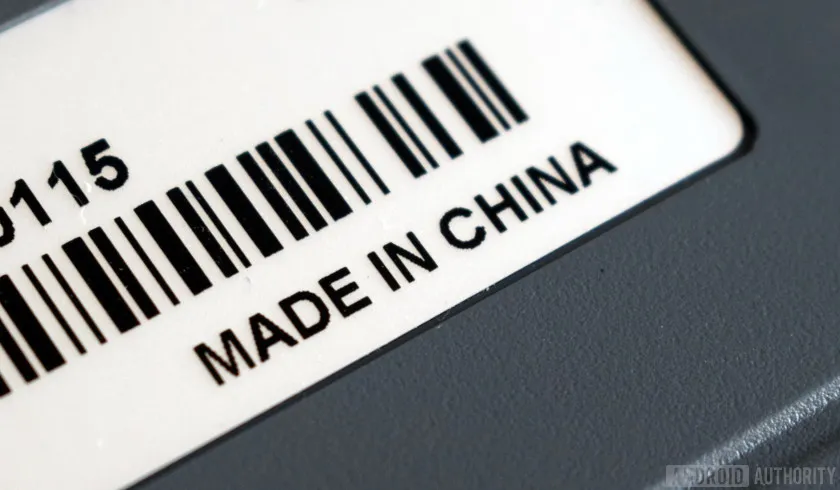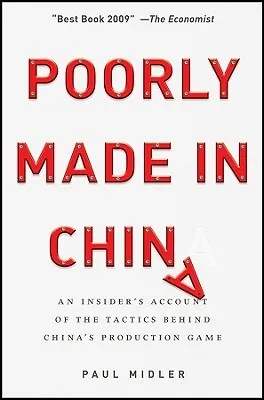
I’ve shared this before on this page but with recent news it’s worth sharing again.
With talk of tariffs you always get the economically myopic, or outright ignorant, who think governments must ‘protect jobs’ with coercive central planning.
But what problem are they trying to solve?
Did you know that 89% of all the goods and services purchased in the United States are made in the United States?
I know, I know.
People always scream ‘what about Walmart and Amazon??? Everything there is made in China!!!’
Sure. Lots of their stuff is made in China. Plenty isn’t.
But retail baubles are but a drop in the bucket of what’s spent on goods and services in the country.
In fact, when you look at our economy, most of our spending is on services. And that’s a good thing, in my opinion.
When you look at any advancing economy it becomes imprudent to do basic stuff at scale.
Why should we manufacture t shirts and tennis shoes and board games and plates and dog beds and TVs when we can hire someone else to do it cheaper than we ever could and we can focus efforts on exercises that are worth more money?
Has China taken all of our jobs?
They’re responsible for only 2.7% of what’s sold here. That’s a lot of money, sure.
But I don’t think we have to worry to the point that we encourage greedy politicians to attempt to centrally plan the economy for THEIR benefit.
Full Article "The U.S. Content of “Made in China”
"

If you still want to complain about the ills of manufacturing in China, read Poorly Made in China: An Insider's Account of the China Production Game. The book comes up short in the arena of economics but discusses how we've accepted a shortfall in quality.
The whole thought process behind comparative advantage of international trade. We CAN make these items, but why waste resources to produce these items when we can buy them from another nation at a cost savings and focus our resources on bigger and better items that in turn increase our economic development and output.